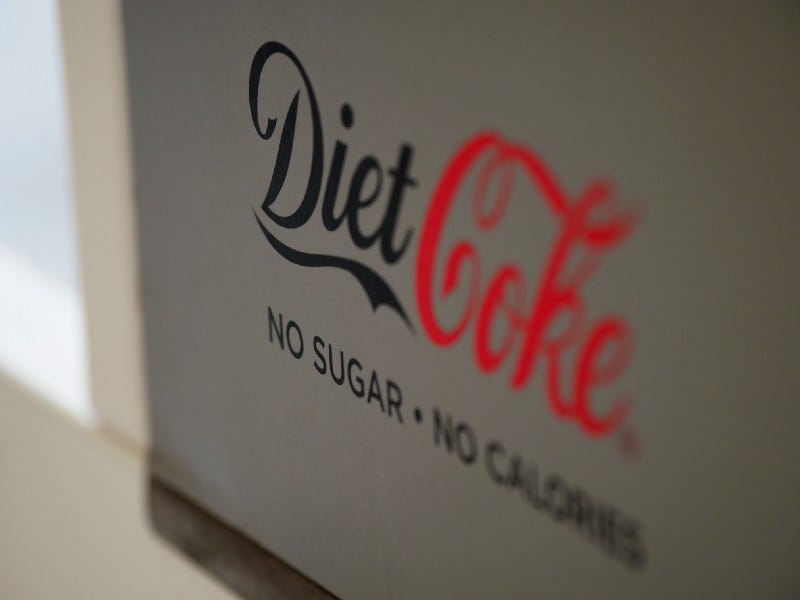Why I Drink Diet Cola
I drink diet cola, because I want to lose weight and it tastes good.
I drink diet cola, because I want to lose weight and it tastes good.

I’ve been drinking diet cola for over 20 years. I love the flavor and more than that; I don’t worry about adding additional calories to my daily diet.
But now that I’m in my 70s, I’m concerned about any detrimental affects the diet soda may have on my health. So, I did a little research, and this is what I came up with.
Evidence suggests that diet soda consumption correlates with an increased risk of a wide range of medical conditions, notably:
heart condition — such as heart attack or high blood pressure
metabolic issues — including diabetes and obesity
brain conditions — such as dementia and stroke
liver problems — which includes nonalcoholic fatty liver disease
Is diet soda bad for you?
Researchers don’t know exactly why diet sodas might damage blood vessels or cause chronic inflammation. A 2012 study suggests that diet soda may change how the brain responds to sweet flavors by affecting dopamine, a neurotransmitter that plays a role in pleasure, motivation and reward. Frequently drinking diet soda might cause a person to crave more sweets, including both sweet snacks and more soda.
What the research says
Many studies have linked diet soda consumption to worse health outcomes. A 2017 study found links between diet soda and the risk of stroke and Alzheimer’s disease. The study involved 2,888 people over the age of 45 years.
The results showed that drinking one diet soda per day almost tripled a person’s risk of stroke and Alzheimer’s disease. Early research suggested that there might be a link between artificial sweeteners and cancer. However, subsequent research has either found no link or call into question data that initially linked artificial sweeteners to cancer.
So, while there are plenty of reasons to avoid diet soda, cancer risk may not be among them.
Health benefits of diet soda
Other than helping people reduce their consumption of sugary beverages, drinking diet soda does not provide any direct health benefits.
While receiving funding from the soda industry, 26 studies found no link between soda consumption and worse health outcomes.
How to cut down
One way to cut down is by not purchasing diet soda at all. Use self-discipline and tell yourself — I will not purchase diet soda and I will not drink diet soda if someone offers me one. Stick to your guns and leave diet soda alone. Your health will benefit from this single choice.
But if this strategy doesn’t work for you, then switching to coffee or tea may be an excellent alternative. You will still get your caffeine that some people get from a soda quick caffeine jolt.
People who like bubbly carbonated drinks can find the same fizzy quality in seltzer water, or carbonated water. Unflavored, unsweetened seltzer waters do not contain artificial sweeteners and are typically calorie free.
Enjoying diet soda in moderation is less harmful than drinking it daily. People who cannot or do not wish to quit drinking diet soda can still reduce their risk of health issues by drinking less of it.
Take away
Research has linked a wide range of health risks to drinking diet soda. Despite it being a low or zero calorie beverage, it may still increase the risk of conditions such as diabetes and obesity. Diet soda offers no health benefits.
I’m going to choose ice tea as my beverage of choice and forget about drinking any kind of diet soda. I know I can do it!
Thanks for reading!
